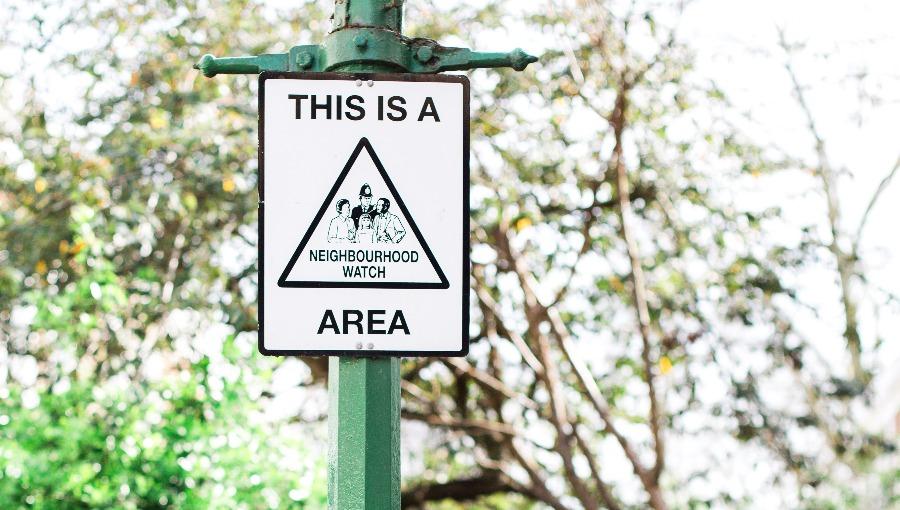Craig Johnson
Job Hunting? What to Do About Gaps in Your Employment Record
Be prepared to address longer periods of downtime in a job interview with these valuable strategies.

A few years ago in that period of high unemployment, being out of work needed only one word of explanation: pandemic. Gaps in your resume around 2020-2022 are probably easier to explain than other gaps.
But what about other interruptions in your work record? Employers aren't just interested in what you did on the job but also in how you made use of your time in between.
Two ways to deal with employment gaps are by drawing more attention to your strengths and by filling the gaps with responsible activity.
Search Anyone FreeSometimes it's all in how you describe it.
Rethink what you were doing in past periods of unemployment so that you can present it positively if asked. For example, you weren't just traveling and posting on Facebook—you were exploring out-of-state job opportunities and blogging. Or another example: You weren't just sitting at home all day scrolling through job-finding websites—you were working as a stay-at-home parent or as your own contractor for home improvement projects.
Here are more ways to deal with gaps in your employment record, both yesterday and today.
Spin Your Resume
The standard resume format is chronological: blocks of time by month and year, followed by where you worked and what you did. A chronological resume makes employment gaps obvious, so you might want to create a second version that does not.
Consider spinning off a functional version of your ordinary resume. A functional resume emphasizes your skills and experience. Instead of using employer names and date ranges as the subheads in the resume structure, a functional resume uses your job titles or skillsets as the framework. Say what you did, what you learned, and how you contributed to the goals of the company. Secondarily, give the name of the employer and how long you worked there, like, "XYZ Inc., 2.5 years."
Keep your actual dates handy, however, not only for your own records but because many companies now use online resume capture forms that require dates. Leaving Month and Year blank won't be an option on most employee recruiting websites, which are (for better or worse) the way both big and small companies increasingly screen candidates.
Can't remember all the dates in your employment history?
For a fee, you can request your work history from the Social Security Administration (SSA) using this form. The report you receive will contain not only your earnings, as you would expect, but also employer names and addresses. If your jobs were all in one state, you could save money by requesting your work history from your state's tax department. Look on its website for the "self-request of records" or similar category.
Rethink your history
You weren't just sitting around, scrolling through job-finding websites. You were working as a stay-at-home parent or as your own contractor for home improvement projects.
Go Back to School Without Leaving Home
Be prepared to address gaps in your employment history in the interview. A great way to deal with them is to have something to show for the downtime. You might take an online course to brush up on your skills or broaden your horizons. Showing that you earned a certificate is a great way to bolster your resume and show that you didn't just sit around in your downtime.
Online learning is booming during the coronavirus pandemic even when you restrict the measurement to adults earning certificates and not schoolchildren avoiding the classroom. Online learning is projected to grow to $350 billion by 2025, according to Research and Markets
Top universities offer online courses on their own sites or through learning hubs like Coursera. Other popular online learning platforms include Skillshare and Udemy.
Udemy's president, Darren Shimkus, envisions online learning growing so useful in the global workface that people will subscribe to his platform for flexible and continuous learning month after month rather than pay for individual courses.
“The biggest challenge is for learners is to figure out what skills are emerging, what they can do to compete best in the global market,” Shimkus said. “We’re in a world that’s changing so quickly that skills that were valued just three or four years ago are no longer relevant. People are confused and don’t know what they should be learning.”
Create Something to Fill the Gap
Create a blog to document the hobbies or crafts you explored during your unemployment. Start an Instagram account or a YouTube channel. You will be glad to have a link to share and a story to tell when an employer asks what you have been doing since your last job.
Speaking of YouTube, don't overlook it as a learning platform of its own. You can find numerous training videos on nearly every subject, from both YouTube employees and regular users. You won't earn a certificate by watching them, but YouTube videos can help you narrow down your interests until you find a subject fascinating or valuable enough for you to take a formal online course in it elsewhere.
Your unemployment claims and benefits are private and not a matter of public record, as we covered in a previous article.
Don't Forget Your Social Media History
While you're thinking of how gaps in your employment history might look to employers, don't overlook your social media history. A recent CareerBuilder survey found that:
- 70% of employers use social media profiles to screen candidates.
- 54% have decided against hiring someone based on his or her profile.
- 57% are less likely to hire someone who cannot be found online.
- Half the companies surveyed said that they check the social media profiles of their current employees.
A good use of downtime during unemployment is to revisit your social media feeds and make any deletions you deem necessary. If you aren't even on Facebook or LinkedIn, now's the perfect time to start.
Conclusion
Come the day when you are working full-time again, you will be glad that you set up a social media profile or two, completed an online course, or started a blog or a YouTube channel when you had the time to do so. That kind of free time will seem like a dream when you're working again.
Search Anyone Free



